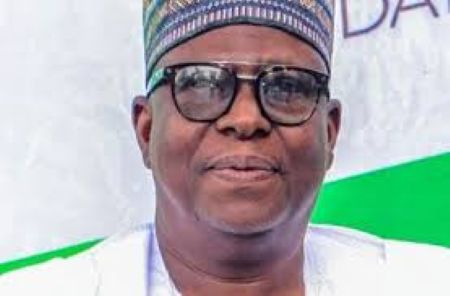It is disheartening that Nigeria today suffers from a severe deficit of integrity across almost all aspects of its national life. The trust level between the government and the governed has sunk to its lowest ebb — and, truth be told, we, the citizens, are all complicit in this decay.
It is no longer fashionable to uphold good etiquette, morality, or fairness. Many no longer care about principles of right and wrong, as long as personal desires are met. Whether in religion, governance, business, or justice, self-aggrandizement has replaced fairness and empathy.
Nigeria cannot prosper sustainably under this prevailing mindset of corruption and inequity. A genuine change of attitude — from the top leadership to the grassroots — is the only way forward. No one can live in peace if their neighbors are consumed by poverty and despair resulting from injustice or greed. Our peace and progress as a nation can only flourish when relationships among citizens are balanced and fair.
The obsession with material wealth and power as symbols of superiority is both reductive and myopic. When viewed against the certainty of life’s end or the frailty of old age, such pursuits are meaningless. Equally troubling is the belief that justice can be bought or that authority gives anyone the right to trample on others. Unless we correct these distortions urgently, Nigeria risks a complete moral and institutional collapse.
The rise of fake news and social media misinformation has further deepened our national crisis. This phenomenon, which fuels distrust, division, and hate, must be treated as a serious national threat. If left unchecked, it will render the country ungovernable.
Even more alarming is the growing disregard for human life — the senseless killings of citizens across the country, regardless of faith or background. Such acts are reprehensible, intolerable, and destructive. They must be decisively confronted to preserve the sanctity of life and the unity of our nation.
While it is convenient to blame those in authority for governance failures, we must also examine our individual roles in sustaining this culture of decay. Every Nigerian — leaders and followers alike — must take responsibility. Before we look outward for foreign intervention or rescue, we must first heal from within.
Nigeria can still prevail, but only if we summon the courage to tell ourselves the truth — and act on it.
Arc. Kabir Ibrahim is the President of Nigeria Agribusiness Group


